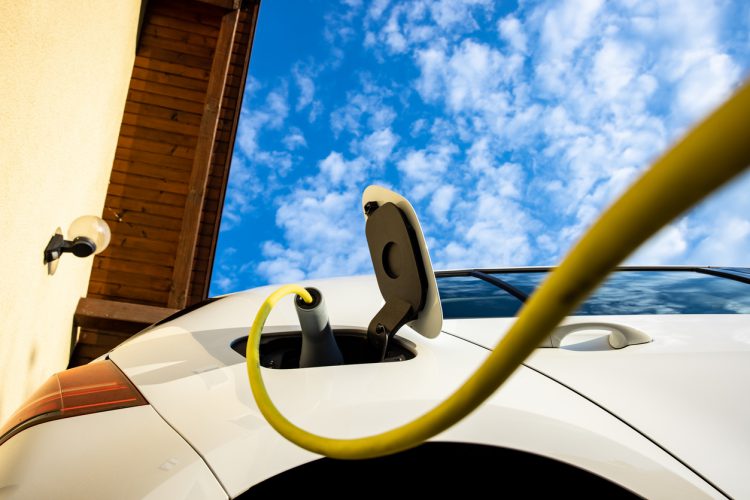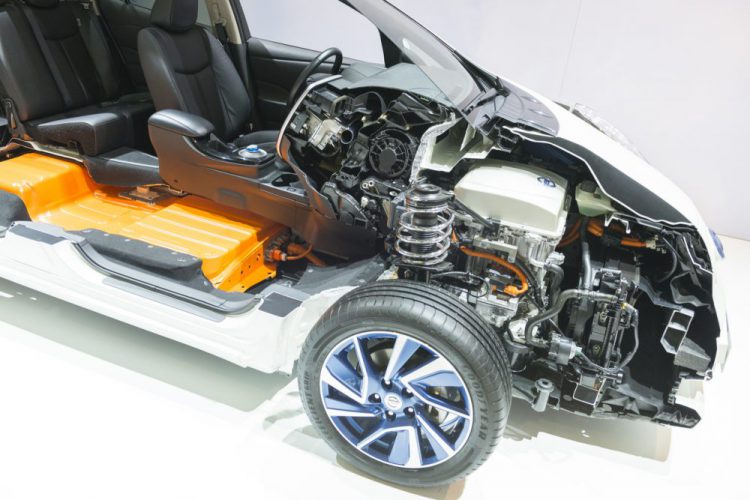
Struggling to see the benefit of switching to an electric vehicle? Look no further. Electric car MOT passes are higher than regular combustion engine models according to a new study.
And hybrid cars – which combine petrol engines with electric motors – are even better at passing their MOT test than EVs. We try to explain this unexpected bonus to battery-powered motoring.
What does the MOT check?
The MOT is a safety inspection to gauge whether or not a car is fit to be on the road. By law it must be carried out annually on all cars that are three years or older.
It checks major features such as the steering, suspension and brakes. But it also looks at the condition of the windscreen, the wipers, lights, wheels and tyres.
Why do EVs have a better pass rate?
That’s a good question. As with petrol or diesel models, EVs have all the above features. And the MOT test doesn’t cover the parts that EVs don’t have like the engine, clutch and gearbox.
But the MOT does look at the car’s fuel and exhaust systems including the catalytic converter. It also measures the level of exhaust emissions. Diesel cars need to have their particle filters assessed too.
Of course EVs produce zero emissions and have no fuel lines or exhaust pipes. Currently many EVs are bought by people who live in urban settings and do low mileages. And the fewer miles a car covers, the less likely it is to suffer wear and tear.

Why are hybrids so good?
Another good question and one no one seems to have an answer to! Hybrids do have the moving parts that feature on regular petrol cars. But they aren’t checked during the MOT for emissions. So effectively, they are treated like an EV. That means they won’t fail an MOT for excess exhaust smoke or noise.
How much better are EVs?
Electric cars aren’t dramatically better at passing the MOT than petrols or diesels but the difference is noticeable.
The study was carried out by car sales website Carwow. It looked at nearly 50 million test results from 2019 to 21 on vehicles aged between three and nine years. While a fifth of petrol cars (20%) and nearly a quarter of diesels (25%) failed their first tests over the three-year period, just 18% per cent of EVs and 15% of hybrids flunked their annual inspection.
What lets electric cars down?
The one area where EVs struggle in the MOT is with tyre wear. According to the data produced by Carwow, more than a third (36%) of EVs failed their MOT because of illegally worn tyres.
The batteries used by EVs and hybrids are very heavy. That means increased tyre wear. On top of that, EV motors have a lot of instant pulling power which can also cause tyre tread to wear down if the cars are driven aggressively.
Another reason could be the high sticker price of EVs means they’re highly likely to be bought on finance. These deals are usually for three years so many owners could understandably be reluctant to replace their tyres before the finance ends if they’re not hanging onto the car.
If you are buying any used car, whether from a dealer or private individual, it’s always worth checking how much rubber is left on the tyres. Replacing them can be a costly business. Doubly so if it causes you to fail your MOT or leads to an accident.